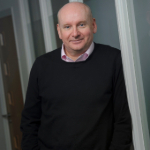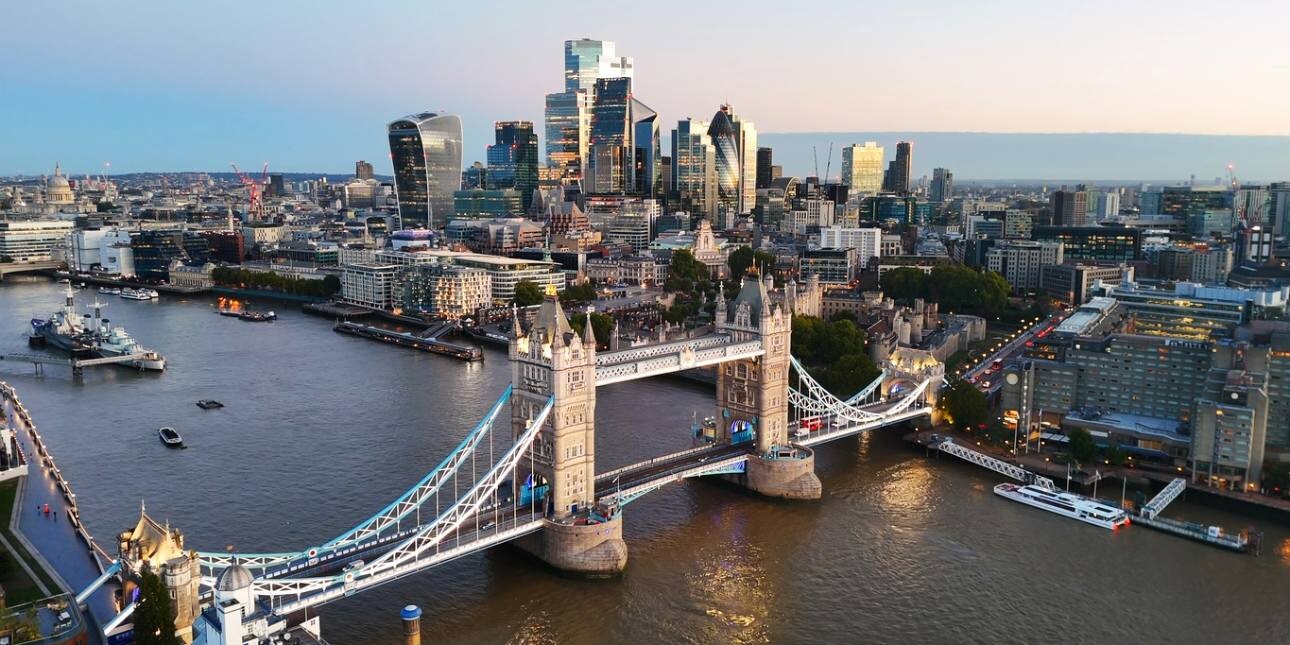Why global communicators should view London as an epicentre for growth
After global marketing and PR agency Team Lewis acquired the UK arm of communications consultancy Instinctif, its CEO explains why investors worldwide should look to Britain.
I’m often asked why London is such an important base. Not just for the communications industry, but for business in general. If you’re in London, just look out of the window. You’ll soon see why.
You’ll see new buildings, new ideas, new arrivals and new infrastructure a plenty. But amid all this novelty, you’ll also find stability. London is a modern city not despite its history and traditions, but precisely because of it.
In today’s unsettled times, stability is good. Reliable is reassuring. It’s why so many of our traditions and curious customs endure. Success used to be about constant change. Yet showcasing our heritage has its benefits. Our universities have been a centre of learning for centuries. The bricks and mortar in our eyelines have withstood pestilence, plague and even the Blitz. Britain is trusted. London is still a world financial hub. A haven for international investors. English speaking and slap bang between time zones. That’s why so many who visit us want to invest here.
London the innovator
London knows how to innovate in line with its history. Let me give you two examples. The London taxi has a turning circle of 25ft (7.62 metres) predicated by a 1000-year-old Saxon street plan. A 6ft (1.82 metres) tall person can still sit in the back wearing a top hat. And yet, it is an EV, with USB ports, satnav, air-conditioning and modern safety standards. Battersea power station looks almost the same as it did when it was built 100 years ago. Inside though, it is one of the most modern places on earth. People like the fact that the old meets the new with seamless continuity.
My company is now part of this thriving, developing community. As Norman Foster (also a resident) said, “As an architect, you design for the present, with an awareness of the past, for a future which is essentially unknown.” Foster + Partners is responsible for designing our remarkable HQ building as well as the Apple offices nearby. So, while the turbines we look out onto once produced one fifth of London’s power. Our neighbours now include global tech giants Apple and SharkNinja.
The UK is global. Our rule of law is ancient. We’re important to our European neighbours militarily. Yet we don’t have the shackles of a single market and customs union to hold us back. Links are strong. More clients are looking for a joined-up approach to comms across multiple markets, run out of London. Home of high quality, independent media.
There’s still a ‘special relationship’ with the US
We also have the special relationship with our American cousins. Built on tradition and progress in 2025. The phrase was first coined by a half American Winston Churchill back in 1946 as the Cold War loomed. Yet with war raging in many parts of the world, last month, a half British President Trump said ‘special does not begin to do it justice’. As he tucked into a second state dinner with the King. Who, in turn, highlighted our strong transatlantic trading and military links, saying: “Our People have fought and died together for the values we hold dear.”
The proof was also in the pudding. On the trade deal that was signed just weeks ago, The Royal United Services Institute also said: “The UK tech sector received a gift. A big, beautiful, American gift in the form of investments into UK AI infrastructure worth over £30 billion pounds.” The landmark tech prosperity deal will see major names from Microsoft, Nscale, Nvidia and Google invest in Britain’s tech, data centre, health tech and energy sectors. It is set to create thousands of British jobs too.
After the tough times of Covid and economic uncertainty, this is exciting for the future talent being nurtured in London at world-class educational institutions, including UCL and Imperial. Yet education is increasingly on the job through apprenticeships and other opportunities in the workplace.
London: a city of investment opportunities
The London skyline symbolises the city and the opportunities it offers. The ancient and the modern sit side by side; the Houses of Parliament, the Gherkin (Foster again), Walkie Talkie building and the bridges that the freemen of the City of London can still drive sheep over if they so wish. Old and new. We’re building the future from our strong-held traditions. Our modern Britain has the resilience to steer a course through all the uncertainties we face. This should be cause for immense pride.
The streets outside are teeming with organisations, communities and causes helping UK plc shine on the world stage. Delivering an advantage when it comes to keeping pace and delivering growth in a fast-changing world.
It’s why, in these unprecedented times we’ve completed an acquisition that will double the size of our British operation. Because if you believe (or if you don’t) then you’re probably right.
For us, acquiring the UK division of Instinctif earlier this month shows we’re growing our global proposition from home turf. Unlocking new opportunities and raising industry standards across our 26 offices worldwide from a position of stability and strength here in London, including bolstering our foothold in the city with a capital markets capability. Showing a market in turmoil that if public markets or private equity is prepared to invest, there is still opportunity.

Chris Lewis is the founder and CEO of Team Lewis. Chris’s new book, Pomp and Circumstance, which he co-wrote with Penny Mordaunt, is out now, published by Biteback.
Also by Chris Lewis
Inclusivity in the age of deception: avoiding the Scooby Doo trap

